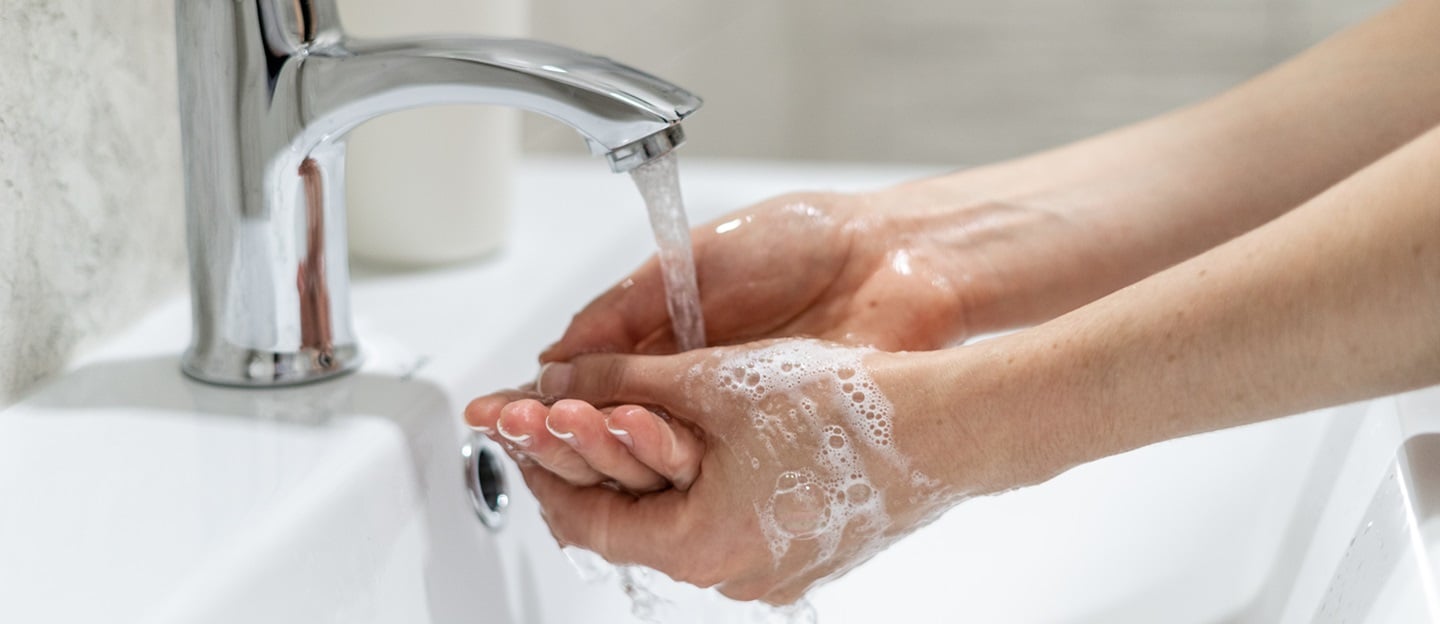Water heater does not heat: how to fix the fault
Enough with cold showers: whether it's an electric or gas boiler, you may have difficulty getting hot water. Find out the causes and how to fix them.
How to fix a water heater that won’t heat up
A water heater is one of the most indispensable appliances in the home; it is essential for the production of domestic hot water for the bathroom and kitchen. Whether you have one of the many gas or electric boilers on the market, one day your water heater may no longer heat up as it should, leaving you with an unpleasantly cold shower.
If you’re having trouble heating up your water, you should contact a specialist technician, especially for gas boiler malfunctions, to assess the extent of the damage and to work out whether it’s worth repairing the system or purchasing a new high-performance water heater instead. Let’s look at some of the main causes of breakdown and how to fix a water heater that won’t heat up.
Why won’t my gas water heater heat up water?
A gas water heater is the most traditional way of having hot water in your home. This usually reliable system allows you to take advantage of your home’s mains gas connection. A gas boiler malfunction may be due to various factors, such as an electrical fault that stops the pilot light from igniting, thus preventing the fuel from burning to generate heat to heat up the water. Another fault may affect the operation of the safety systems, essential for protecting the appliance and preventing explosions. This may be caused by an excessive level of pressure, with the result that the water heater deactivates for safety reasons. Similarly, a rather frequent explanation if your water heater is not heating up is an insufficient water flow rate or a fault in the domestic, building or external mains plumbing system.
My electric water heater is not heating up: the most common causes
An electric boiler is a very popular device for supplying domestic hot water and presents a genuine alternative to traditional gas water heaters. These devices are high-performance systems, especially class A+ and above, capable of functioning correctly without any particular problems provided the system is regularly maintained by a qualified professional.
There are many possible reasons why your water heater may not be heating up. The problem could be due to a limescale build-up on the resistor – deposits that compromise the boiler’s ability to transform electrical energy into heat and heat the water – or a broken or worn resistor. Alternatively, there may be a problem with the electrical system, such as a fault in the socket or with the breakdown of an internal component in the water heater circuit.
What to do if your water heater won’t heat up
If your gas or electric boiler won’t heat up, you clearly need to call a specialist technician to inspect the water heater. You should not attempt to repair it yourself as it may worsen the damage or result in more serious consequences, putting your own and others’ safety at risk. However, it is possible to carry out small interventions to check it is not just a minor malfunction, such as switching off the water heater and switching it back on again shortly afterwards. Otherwise, a professional will test the boiler to identify the causes of the breakdown and repair the system. For electric water heaters, if the fault is caused by the resistor, it may be necessary to replace it with a new one or to remove any built-up limescale. To avoid the malfunction reoccurring, you may wish to consider installing a limescale filter, especially useful in areas in which the mains water is particularly hard. For gas water heaters, on the other hand, if the fault is electrical, the technician will examine all the components with special tools to find the source of the problem. In the event of a hydraulic defect, they will inspect the pipes and boiler pressure by performing a series of tests. Alternatively, the temperature may need to be set correctly by checking the value indicated by the pressure gauge to find the correct configuration for your domestic needs, to avoid cold showers, sudden interruptions or an inadequate flow rate.
Does the water heater need to be replaced or changed?
In most cases, a water heater fault can be repaired for a reasonable sum, especially if the malfunction is minor. Some defects, however, can require a significant cost outlay to be fixed, and if the boiler is already several years old, the malfunction may reoccur. If the cost of repairs is high, you should consider whether to have the fault fixed or if it is preferable to purchase a new water heater. Of course, it is important to understand how to choose the right water heater, getting advice from an expert to help you find a high-performance model suitable for the type of property and number of family members. There are currently many interesting options on the market, with systems that ensure significant energy savings, such as heat pump systems that are easy to install and capable of operating using renewable energy sources for a 100% green solution.





